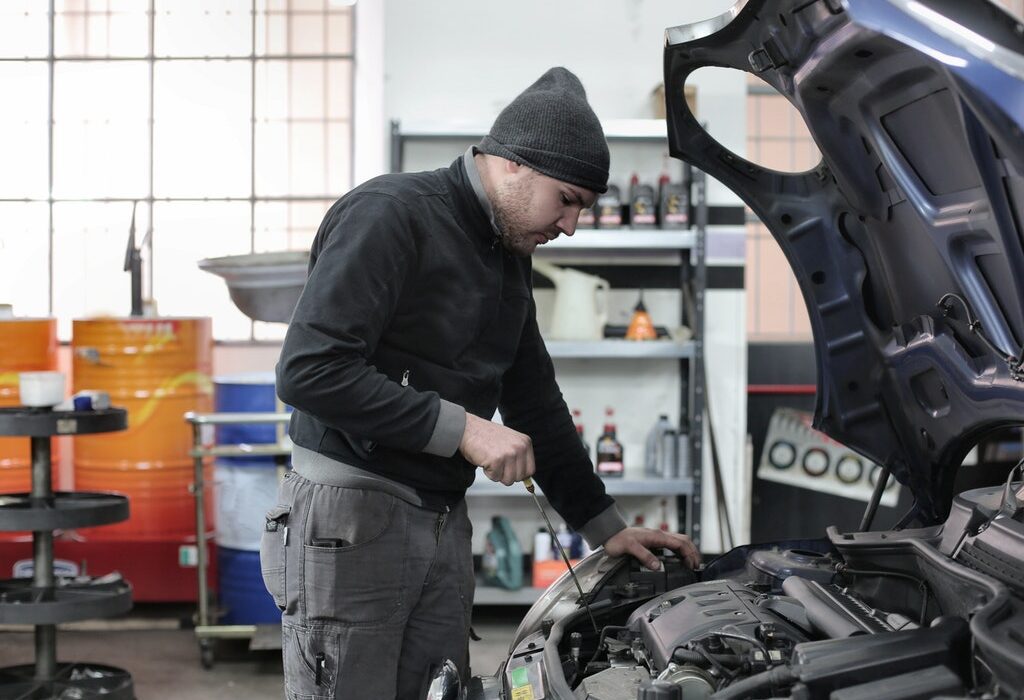Your used car has stories to tell.
It’s been around the block, and it’s seen a lot. It’s been exposed to sun and wind and rain, endured muddy shoes and coffee spills and parking lot scapes, and maybe even gotten into an accident or two. Even if you’ve taken good care of it, there are going to be signs of wear and tear that can’t be avoided.
Buying a used car will save you money, but it will also mean accepting responsibility for these deficits and demerits. Some will require immediate attention, while others can be postponed. Keep reading to learn about the fixes you should address immediately, the ones you can fix eventually, and the ones you can avoid.
Fixes You Can’t Postpone
Some things must be fixed. This includes all the components, such as the tires, suspension and steering parts, and brakes, that enable your car to move, turn, and stop safely. Additionally, anything else necessary to keep your car’s heart, engine, and drivetrain, in good working order.
– Tires
Tires are the most important parts of any vehicle and the first thing you should inspect on any used car. It’s time to replace them if they don’t have much tread depth, look dried out and cracked, or are older than six years.
– Car fluids
It’s necessary to change your car’s fluids and filters regularly. Your vehicle may not grind to a halt or spontaneously combust if you skip an oil change or let your air filter clog up, but that doesn’t mean routine maintenance isn’t necessary.
– Oil and filter
Oil and filter changes should be carried out per the manufacturer’s recommendations, and you need to monitor belt wear closely. Air filters should also flow freely. Timing belt failure is a common cause of catastrophic engine failure in many vehicles. Don’t allow that to happen.
Fixes You Can Postpone
Some problems may appear serious, but they don’t require immediate attention. Assume your used car has a slow fluid leak but is still operational. A repair shop may require you to disassemble the vehicle or install new parts. However, if the leak is slow, you can avoid dealing with it. If the leak had become more severe or worse, it would almost certainly have to be repaired.
If an issue is imperceptible and only a minor annoyance, you can work on fixes on an as-needed basis. Asking for a second opinion can help you determine whether a problem needs to be fixed immediately or not.
Fixes You Can Avoid
Some things are better left broken. Why bother fixing a part you don’t need or use that doesn’t jeopardize the car’s safety? Every used vehicle should have a few endearing flaws.
A million things fail as part of a car’s natural aging process. Many of them are not worth repairing. Remember that a car’s components are constantly deteriorating; how much money are you willing to spend trying to stop that unavoidable wear and tear? It’s often best to ignore things that don’t matter to you. Other examples include broken power window switches, messed-up seat adjusters, and head units that won’t work on the AM band.
If a new radio is important to you, by all means, spend the money. After all, it’s your car, so spend money on the parts that are important to you.




